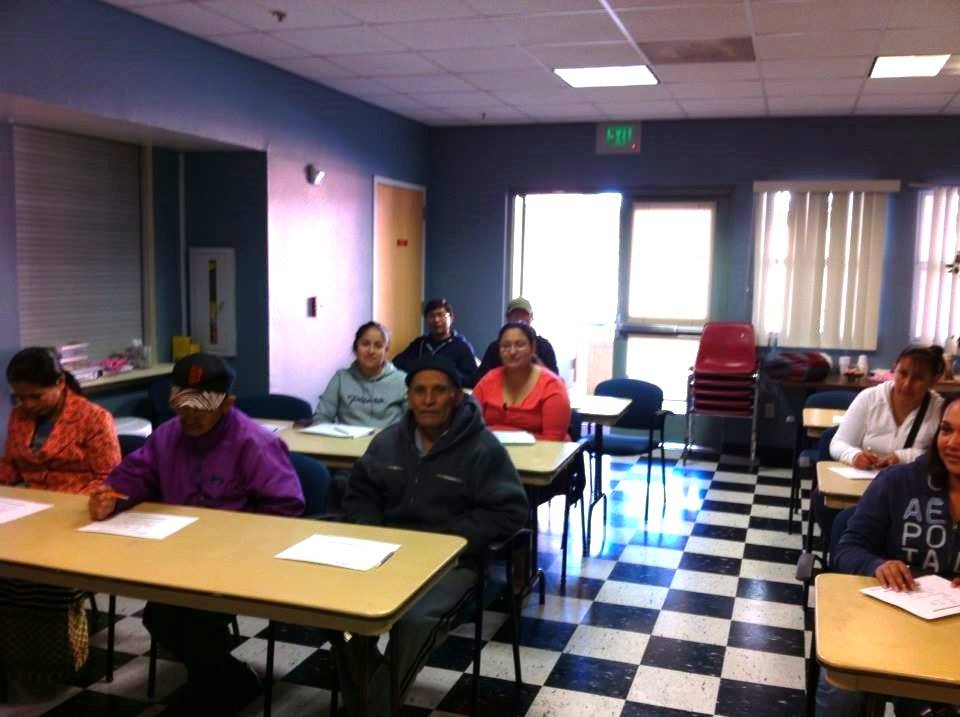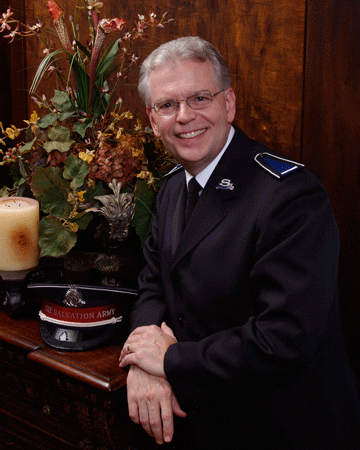The Spice bBox
by Sharon Robertson, Lt. Colonel –
 It was the temple in Jerusalem, dedicated to the glory of God. Thousands came to worship him there. And others came too—merchants hoping to profit from the very devotion and obedience of God’s people.
It was the temple in Jerusalem, dedicated to the glory of God. Thousands came to worship him there. And others came too—merchants hoping to profit from the very devotion and obedience of God’s people.
Jesus drove the merchants out. The business they were carrying on, ostensibly to help the worshipers in their acts of worship, was motivated by the almighty dollar, rather than the Almighty God, and God was offended. “Is it not written,” Jesus said, “My house shall be called of all nations, a house of prayer?” (Matthew 21;13). The temple was being misused; if it was to bring honor and glory to God, it had to be cleansed—so Jesus cleansed it!
In the Greek New Testament, two words are used in reference to the temple. Here Jesus found that sin had taken root in the hieron, the term used to refer to the whole of the sacred precincts, including the court of the Gentiles and the court of the women. The transactions of the money changers and vendors were taking place in the court of the Gentiles, which was considered by many to be less sacred than the inner courts of the temple.
Jesus knew better. The whole of the temple precincts and its furnishings belonged to God, and were therefore reserved for his purposes alone. The commercialization of the temple precincts, even though it seemed insignificant in the eyes of the worshipers, was a distraction which interfered with their preparation for worship.
It is not necessary to assume that all of the sellers and money changers were consciously desecrating the sacred grounds. The vendors were providing a service that made it possible for devout Jews to perform their religious duties. Some vendors were undoubtedly out to cheat their customers of the last mite in their pockets; others were simply making a living the best way they knew how. But for all it came down to money in the end—and it was easier to make money by taking their business inside the temple courtyard than by trying to catch the eye of potential customers along the teeming streets outside the gates. And why not? The priests and Levites didn’t seem to object!
Jesus objected—strongly, forcefully. “My house shall be called of all nations, a house of prayer!” And he took possession for God.
The apostle Paul was also concerned about the dwelling place of God. He spoke of the cleansing of another temple when he wrote, “God’s temple is sacred…and you are that temple” (I Corinthians 3:17b).
The term Paul used was not hieron, the entire temple precincts, but naos, a term reserved for the holy sanctuary, including not only the holy place, but the holy of holies. The Christian, then, is the very dwelling place of God, the holy of holies, the place made accessible through the sacrifice of Jesus, the high priest. We are not just a building sanctified by God; we have become his resting-place.
Just in case we mistake his meaning, Paul repeats this lesson in the sixth chapter of I Corinthians: “Do you not know that your body is a temple of the Holy Spirit who is in you, whom you have received from God? You are not your own…” (6:19).
Jesus quoted from the prophet Isaiah, who speaks of God’s people from around the earth finding “joy in his house of prayer,” and from Jeremiah, who quotes God as saying, “Has this house, which is called by my Name, become a den of robbers to you? But I have been watching!” (Jeremiah 7:11).
The fact that God intended his house to be a house of prayer, sacred to himself, is no less true of the temple known as “Christian.” After all, it is where he lives, where he has chosen to spend his days. Where better for God and man to commune than in God’s own living room?
Jesus cleansed the hieron, the temple grounds, because things were taking place that were not God-honoring, even though the religious leaders had made no complaint about what was happening. How much more would he have insisted that the naos, the holy of holies, be clean of every particle, every hint of sin, every distraction, every element not surrendered totally to God?
We are God’s dwelling place, the “inner sanctum,” the “holy of holies”—to be known of all nations as his “house of prayer.” May the cleansing blood of Jesus Christ and the purifying fire of the Holy Spirit make us fit to be the dwelling place of God and the place of communion with him.












